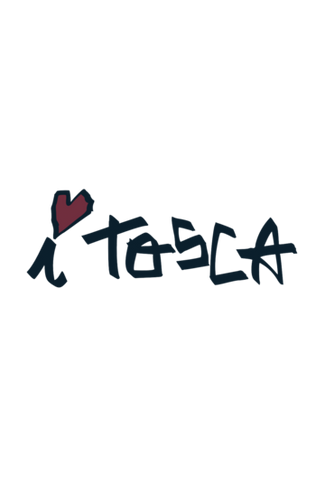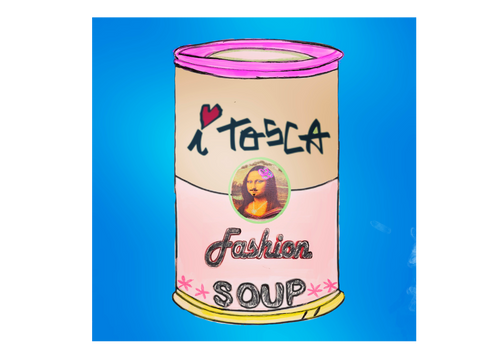Sustainability
We take pride in our pact for sustainability, as we sponsor eco-conscious fashion houses that contribute towards renewable energy. We strongly believe that respect for ethical fashion is necessary for the environment and a better future.
~Leather~

The production of livestock for food and leather can lead to negative impacts on our planet, including land degradation and water pollution, as well as accelerated climate change. Some conventional farming practices can lead to high carbon emissions and overgrazing.
We support brands that practice responsible leather sourcing. We will not knowingly sell products from suppliers who source leather from areas where forest or grasslands have been converted into factory farms or feed crops from livestock.
We promote, support and collaborate with brands that use leather substitutes that are non-PVC, and that are investigating alternatives to heavy metal tanning and dyeing, including natural alternatives to chrome-tanned leather, which is linked to carcinogens.
~Cashmere~

The increase in demand for cashmere has led to higher numbers of goats being reared, leading to overgrazing and poor land management, which can have devastating effects on local communities. Social impacts can also include the loss of a nomadic way of life. Promoting a high standard of welfare for animals, promoting community development and improving pasture management has been the driving force for certification schemes.
We support suppliers who are working with members of their cashmere supply chain to educate herders to lower the impact on land degradation, improve soil quality and empower local communities.
~Wool~

Wool is a high-performing and versatile material. However, key ethical and environmental issues include animal welfare, traceability, land management practices, resource use and the use of pesticides, insecticides and antibiotics.
Therefore, we promote and encourage suppliers to source from farms with the highest standards of animal welfare, from the farming of the sheep to responsible shearing practices, and who partner with certification schemes such as the Responsible Wool Standard (RWS).
We also support suppliers who use recycled wool in order to extend the life of wool fibres, and who discourage unnecessary waste.
~Cotton~
Although products made from organic or pesticide-free cotton are preferable, the largest environmental impact is water use. Another key part of sourcing sustainable cotton is ensuring a fair price for the farmers.
We support suppliers who take a holistic approach to their cotton supply chain, for example, minimizing water use, improving and maintaining soil quality, reducing the use of harsh chemicals, developing positive working conditions, and working towards improved solutions for post-consumer cotton textile waste.
~Silk~
Silk, an animal protein fibre, has impacts on both the environment and animal welfare. We support and encourage the use of certified organic silk. This ensures the fibers derive from organic agriculture of the mulberry leaves on which silkworms feed, and that processing complies with strict chemical guidelines.
~Feathers & Downs

While feathers are commonly used in the fashion industry, and down has high-performance insulation properties, animal welfare issues are prevalent and therefore steps must be taken to ensure traceability and ethical treatment of animals throughout the supply chain.
Itosca aims to work with, suppliers that are part of the Responsible Down Standard (RDS) or the Traceable Down Standard (TDS).
We also support suppliers that use recycled down or down alternatives made from reclaimed materials.

